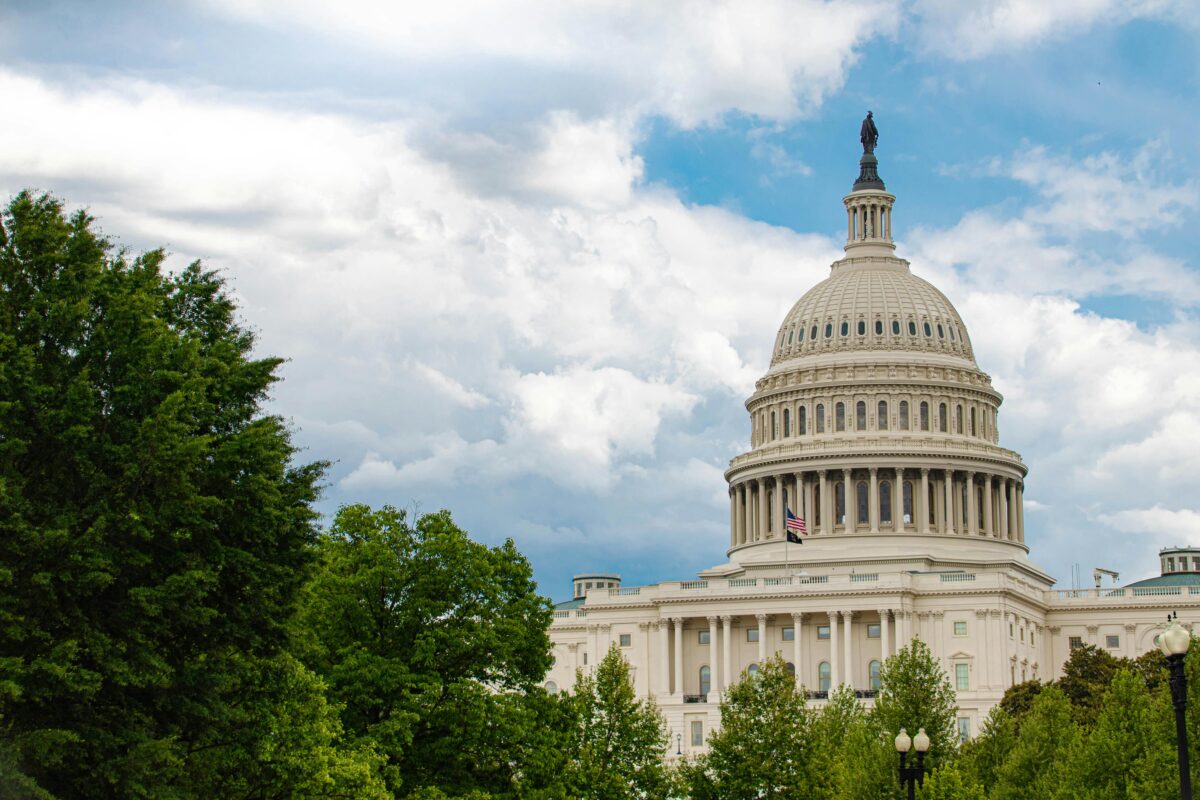Intellectual Property Expert Slams Committee Witness for “Sensationalized” Concerns Over Foreign Interference Patent Litigation Funding
August 19th, 2024

In June, the House Judiciary Subcommittee on Courts, Intellectual Property, and the Internet held a hearing titled “The U.S. Intellectual Property System and the Impact of Litigation Financed by Third-Party Investors and Foreign Entities.” Many on the committee defended the legal finance industry, pointing out it preserves access to justice for inventors and patent owners defending their property against large corporations. However, committee witnesses Donald Kochan, a law professor at George Mason University, and former Rep. Bob Goodlatte, onetime chair of the House Judiciary Committee, made repeated calls for legal funding disclosures to protect against “foreign disruption” of U.S. industry. Their arguments recycled U.S. Chamber talking points baselessly attacking legal finance to protect their pockets.
In a July piece for IP Watchdog, intellectual property expert and co-founder of patent consulting firm IP Edge Gautham Bodepudi highlights how Kochan and Goodlatte’s critiques misunderstand both the industry and the basic economic reality in which it operates. While these critics say the sector reduces accessibility to patent courts, it is the courts themselves and the transactional costs they impose “to measure and enforce patent rights” that choke off access, he writes.
“According to the economic teachings of Nobel Laureate Douglass C. North, there is only one cause that can be cited as being disruptive with respect to patent litigation. The alleged disruptiveness is caused by the court system itself: the exorbitant transactional costs imposed by courts to measure and enforce patent rights… But Goodlatte, Kochan, and the 14 State Attorneys General all overlook this foundational economic principle and its impact, and thereby fail to recognize that the court’s inability to affordably measure and enforce patents is the cause of the alleged disruption to the U.S. economy and threat to national security.”
Regarding national security in particular, Bodepudi raises crucial questions about the nature of legal funding and IP law that both Goodlatte and Kochan refused to address.
“If the national status of the litigation funder does not change the underlying nature of the case, what makes the patent infringement lawsuits disruptive and threatening to national security? Is it the existence of a litigation funder? Is it the financial capability of a patent holder to bring a patent lawsuit and take it to trial?”
Bodepudi notes that Goodlatte and Kochan blame legal finance and “foreign interference” without asking these foundational questions.
Bodepudi’s expert analysis reminds us that the push for burdensome regulations on legal funding would ultimately limit inventors, businesses, and entrepreneurs’ options for protecting their patent rights and businesses. Targeting the real culprit, transactional costs, would allow policymakers to support the industry in creating more opportunities for affordable and meritorious litigation.
